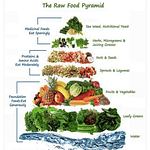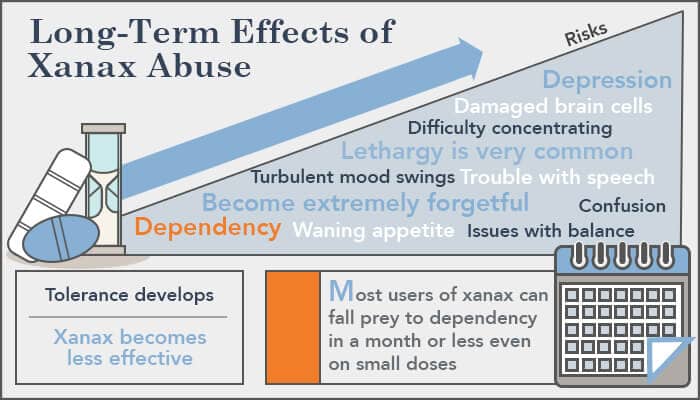Questions You May Have About Impossible Meat
There are plenty of questions surrounding the Impossible Meat controversy. Some have questions about Soy leghemoglobin, others about plant-based ingredients, and some have questions about whether it’s accepted by fast-food chains. This article addresses the questions above and more. Read on to learn more about Impossible Meat, its nutritional value, and its popularity with fast-food chains. Here are some of the answers you may want to ask before you try it.
Soy leghemoglobin
Soy leghemoglobin is a controversial food additive that’s made from soy. Although the United States Food and Drug Administration approves soy as a color additive, the FDA has not approved it as a safe food additive. The FDA requires that manufacturers provide convincing evidence that the substance is safe for human consumption. This ingredient doesn’t have a long history in human diets. As a result, the Center for Food Safety says the FDA should remove the product from the market.
The team behind the Impossible Burger has a workaround for the ingredient. They fed the yeast sugar and minerals and inserted the soy leghemoglobin genes. The result is a plant that produces heme with a fraction of the footprint of field-grown soy. Impossible meat is not just about taste and texture. It’s also healthier for consumers. Because it’s plant-based, Impossible Burger has a lower carbon footprint than conventional meat.
Plant-based ingredients
One of the most controversial issues surrounding meat substitutes is whether they are completely plant-based. While meat substitutes aren’t completely vegan, the Impossible Burger has been getting a lot of buzz recently, and there are a number of good reasons why. It doesn’t taste like beef, so you’re not actually giving up meat. Plus, you’re not depriving yourself of a hearty burger.
There are a few ways to make plant-based meat taste like real meat. The Impossible Burger, for example, is made with soy leghemoglobin, a molecule that carries iron. That way, Impossible Burgers bleed like real meat. Other methods, such as the Beyond Burger, involve layering plant-based fats and binders with natural flavors and colors.
Beyond Meat and Burger King are two companies developing and selling plant-based burgers. In Canada, they’ve rolled out an Impossible Burger, while KFC is testing a Beyond burger and Beyond fried chicken. Beyond Meat also teamed up with PepsiCo to introduce plant-based snacks. Its plant-based burgers and Beyond Burger are now available in more than 50,000 restaurants and grocery stores.
Nutritional value
While the nutritional value of Impossible Meat is similar to that of real meat, it differs slightly in other aspects. While it does contain vitamins and minerals, it does not contain enough of the micronutrients needed by the body. Fresh foods are the best source of vitamins and minerals, and the perfect balance of nutrients is difficult to reproduce in processed foods. Because Impossible Meats are engineered and highly processed, they do not offer the same benefits as fresh meat.
Impossible Burger and Beyond Meat contain less cholesterol than ground beef and are a good source of fiber. While they are a good source of vitamin B12 and iron, both have a lot of salt. A study by the American Dietetic Association found that Impossible Meat had significantly less saturated fat than ground beef. Although these meat substitutes are not as nutritious as real meat, they are still a great option for those trying to lower their cholesterol.
Fast-food chain acceptance
Impossible meat is a plant-based protein that tastes like real meat. It is made of soy, coconut, sunflower oil, and natural flavors. It is widely accepted by consumers, and fast-food chains have started carrying the product. But the question remains: does it really taste like meat? The Impossible meat trial was an unqualified success, and the food chain has committed to expanding its menu to include more vegetarian and plant-based options in the future.
The company Impossible Foods is based in Silicon Valley and makes meat, poultry, and dairy products using plant-based protein. These meat products are cheaper to produce and have less of an environmental impact than meat from animals. Founder Pat Brown is a biochemistry professor at Stanford and is a former Howard Hughes Medical Institute investigator. The company has received funding from investors Temasek and the Open Philanthropicy Project.
















